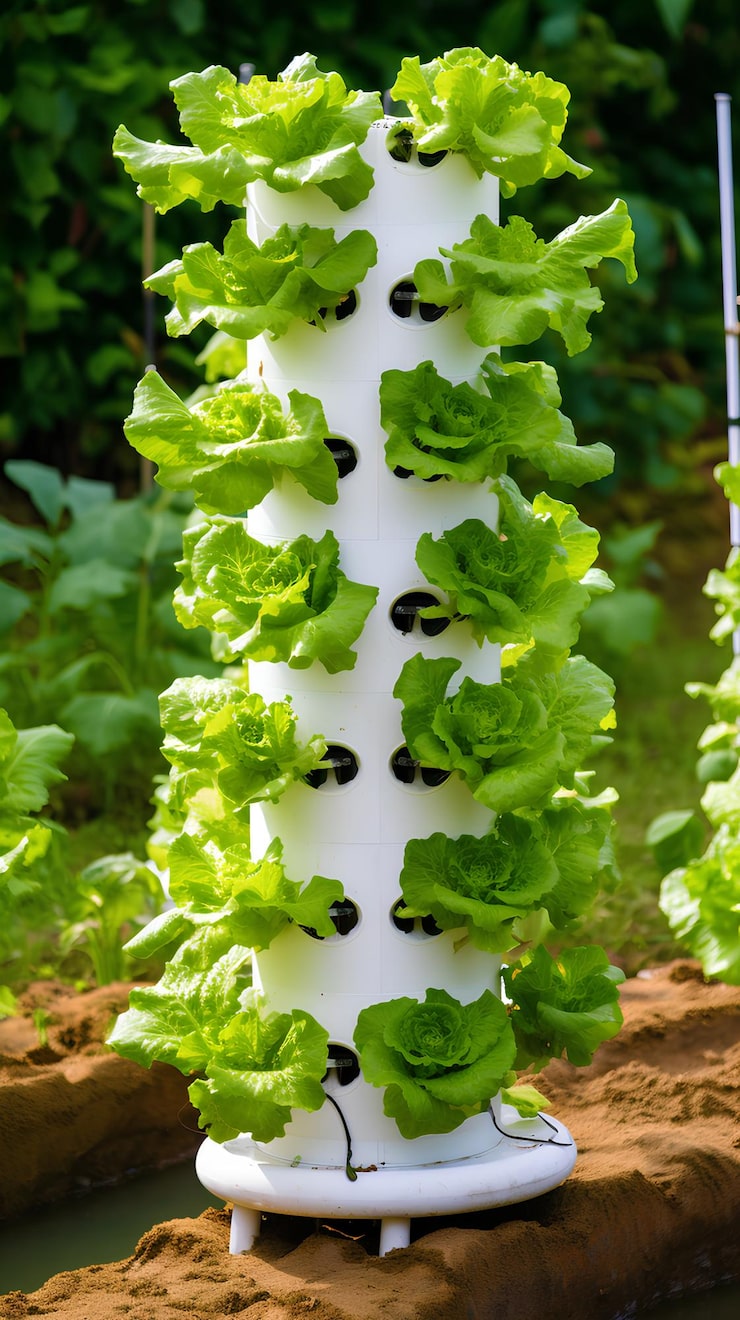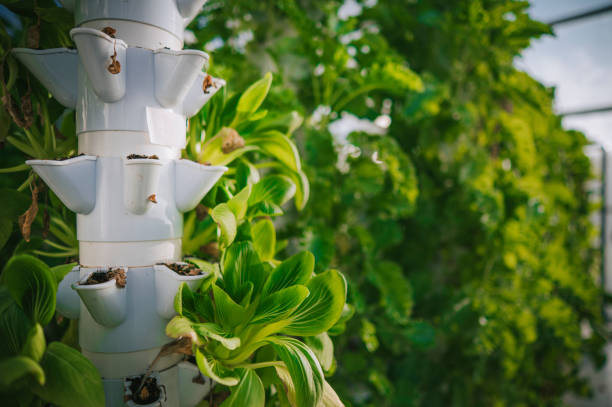Gardening isn’t just about creating a beautiful outdoor space; it’s also an opportunity to contribute to the health of the environment. By adopting eco-friendly practices, you can nurture your garden while reducing waste, conserving resources, and supporting local ecosystems. Here are some sustainable gardening tips to help you create a greener and more eco-friendly space.
Embrace Native Plants
Choosing native plants for your garden is one of the easiest ways to reduce maintenance and support local wildlife. Native plants are adapted to your region’s climate and soil, which means they require less water, fertilizer, and pest control. They also provide essential food and shelter for pollinators like bees, butterflies, and birds. Incorporate a mix of flowering plants, grasses, and shrubs to create a diverse and thriving ecosystem.
Compost to Reduce Waste
Composting is a cornerstone of eco-friendly gardening. By recycling kitchen scraps, yard waste, and organic materials, you can create nutrient-rich compost that enriches your soil naturally. Composting reduces the amount of waste sent to landfills and eliminates the need for chemical fertilizers. Start a compost pile or bin in your yard, and include materials like fruit peels, vegetable scraps, coffee grounds, grass clippings, and dry leaves. Avoid adding meat, dairy, or oily foods, as they can attract pests.
Conserve Water Wisely
Water conservation is vital in eco-friendly gardening, especially in areas prone to drought. Use mulch around plants to retain soil moisture, reduce evaporation, and suppress weeds. Install a rain barrel to collect and store rainwater for irrigation. Water your garden early in the morning or late in the evening to minimize evaporation. Drip irrigation systems are an excellent option for delivering water directly to plant roots, ensuring efficiency and reducing waste.
Avoid Chemical Pesticides
Chemical pesticides and herbicides can harm beneficial insects, pollinators, and soil health. Instead, use natural pest control methods to protect your plants. Introduce beneficial insects like ladybugs and praying mantises, which feed on common garden pests. Plant companion crops, such as marigolds near tomatoes, to naturally deter harmful insects. Homemade sprays using ingredients like garlic, neem oil, or soap are effective and eco-friendly alternatives to chemical pesticides.
Encourage Biodiversity
A diverse garden is a healthy garden. Grow a variety of plants that bloom at different times of the year to provide continuous food sources for pollinators. Incorporate wildflowers, native grasses, and even small water features to attract birds, butterflies, and other wildlife. Avoid monoculture planting, which can make your garden more vulnerable to pests and diseases.










